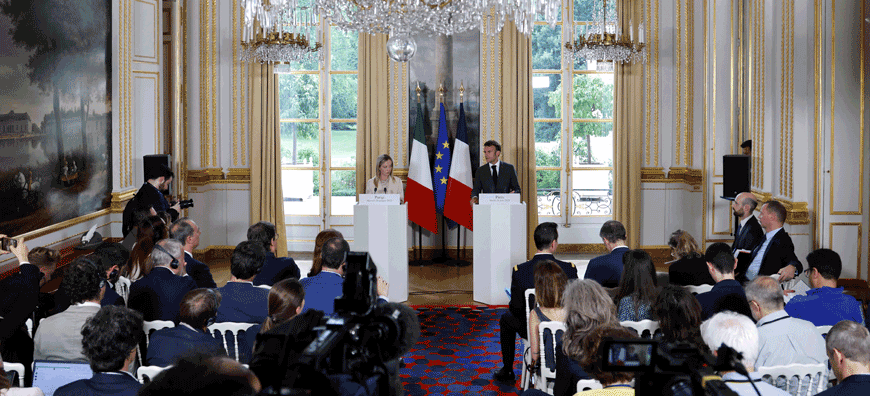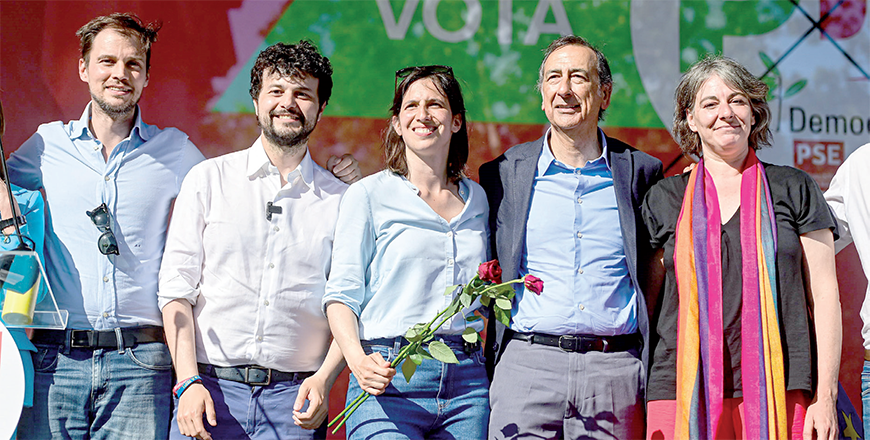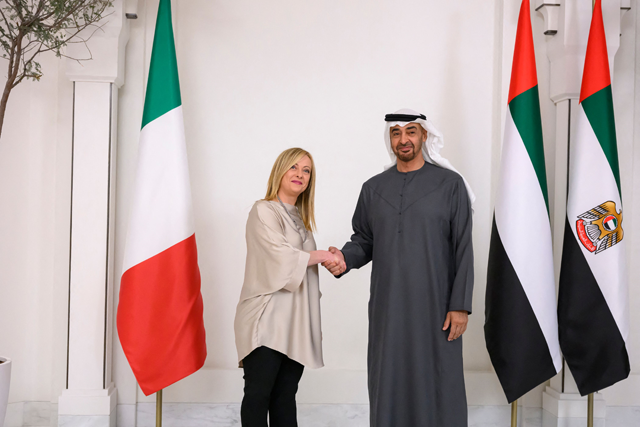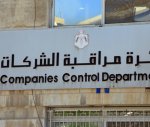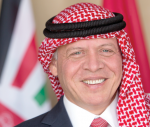You are here
Italian FM cancels trip in fresh migrant spat with Paris
By AFP - May 04,2023 - Last updated at May 04,2023
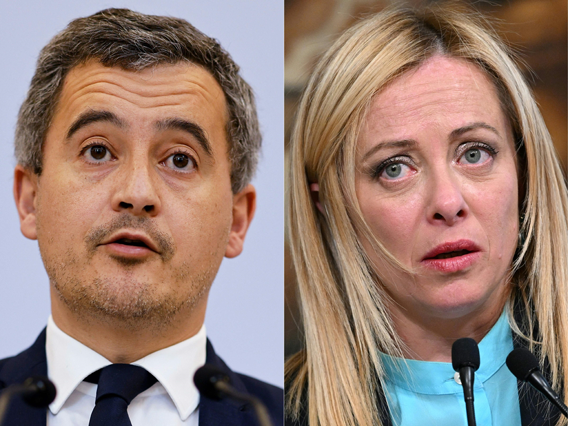
This combination of photo created on Thursday shows a file photo taken on March 27 showing French Interior Minister and Overseas Gerald Darmanin (left) speaking during a press conference in Paris on March 27 and a file photo taken on April 5 of Italy's Prime Minister Giorgia Meloni in Rome (AFP photo)
ROME — Italy's foreign minister cancelled a trip to Paris on Thursday after a French minister criticised Rome's migration policy, in a fresh spat over the contentious issue between the two nations.
In a radio interview in Paris on Thursday, French Interior Minister Gerald Darmanin said Italian Prime Minister Giorgia Meloni "is incapable of resolving the migration problems" faced by her country.
Italian Foreign Minister Antonio Tajani slammed Darmanin's "unacceptable" remarks and cancelled a planned trip to Paris.
"This is not the spirit in which common European challenges should be faced," he said.
Paris later sought to ease the tensions, saying it hoped that Tajani's meeting with French counterpart Catherine Colonna scheduled for Thursday evening could be rescheduled "soon".
"I have spoken with my colleague Antonio Tajani on the telephone," Colonna wrote in Italian on Twitter.
"I told him the relationship between Italy and France is based on reciprocal respect," she wrote.
The French foreign ministry said that the government "wishes to work with Italy to meet the common challenge of rapidly rising migrant flows" and urged "calm dialogue".
But in a television interview Tajani said Darmanin’s remarks were “a stab in the back” and he was still waiting for him to “apologise to the prime minister, the government, and Italy”.
The centrist French government under President Emmanuel Macron has clashed repeatedly with Italian Cabinets in recent years over migration.
The most recent spike in tensions came last November when Meloni, whose far-right Brothers of Italy Party won September elections, refused to allow a charity ship carrying 230 migrants to dock in Italy.
The Ocean Viking ship was eventually allowed to dock in France, but Paris denounced Rome’s “unacceptable” behaviour and suspended plans to receive 3,500 migrants from Italy.
At the time, Meloni denounced France’s reaction as “aggressive” and “unjustified”.
Relations have since improved, with Macron and Meloni meeting in Brussels in March for talks.
But migration remains a live issue for Meloni’s government, the most right-wing in Rome since World War II, which took office in October vowing to stop boat landings.
Since the beginning of the year, there has been a surge in the numbers of migrants arriving on Italy’s shores, mostly from North Africa.
More than 42,000 people have arrived since January 1, according to the Italian interior ministry — almost four times the number in the same period in 2022.
French Prime Minister Elisabeth Borne announced last month the mobilisation of 150 extra police officers to deal with “increased migration pressure on the Italian border”.
‘Serious crisis’
Darmanin had said earlier that Italy faced a “very serious migration crisis” and he drew parallels between Meloni and French far-right leader Marine Le Pen.
“Madame Meloni, [leader of] a far-right government chosen by friends of Mme Marine Le Pen, is incapable of resolving the migration problems on the back of which she was elected,” he told RMC radio.
Asked about the arrival of migrants at France’s southeastern border with Italy, Darmanin said there was “an influx of migrating people and particularly children”.
Italy’s Deputy Prime Minister Matteo Salvini, head of the anti-immigration League party, said he was “proud to be a friend of Marine Le Pen and to be in government with Giorgia Meloni”.
“I do not accept lessons on immigration from those who send men, women and children back to Italy [across the border], continuing instead to host murderers and terrorists who should return to Italy.”
Italian politicians have long criticised France’s policy of providing a safe haven for people considered to be terrorists from an era in the 1970s known as the “Years of Lead” — a reference to the number of bullets fired at the time.
Related Articles
PARIS — French President Emmanuel Macron and Italian Prime Minister Giorgia Meloni vowed to work more closely together as they met on Tuesda
ROME — Italian Prime Minister Giorgia Meloni held up next week’s European elections as a “turning point” when far-right parties could triump
ROME — Under-fire Italian Prime Minister Giorgia Meloni on Saturday rejected any responsibility of her government for a devastating shipwrec


